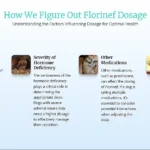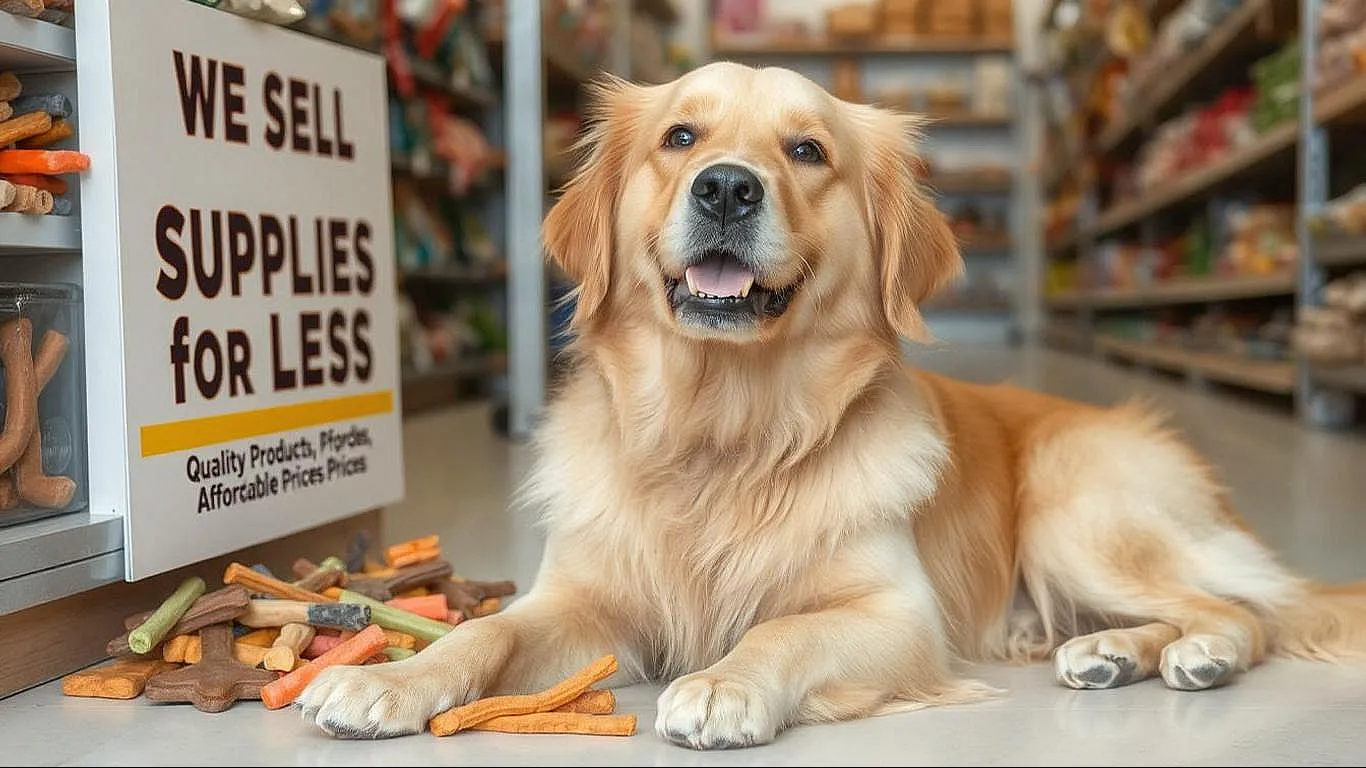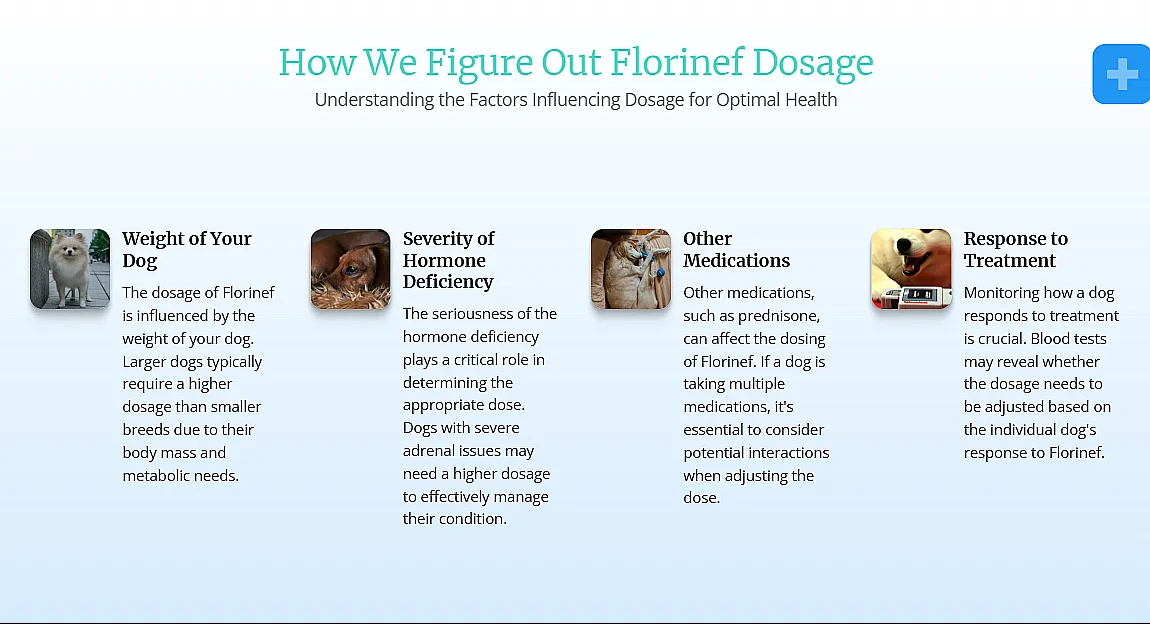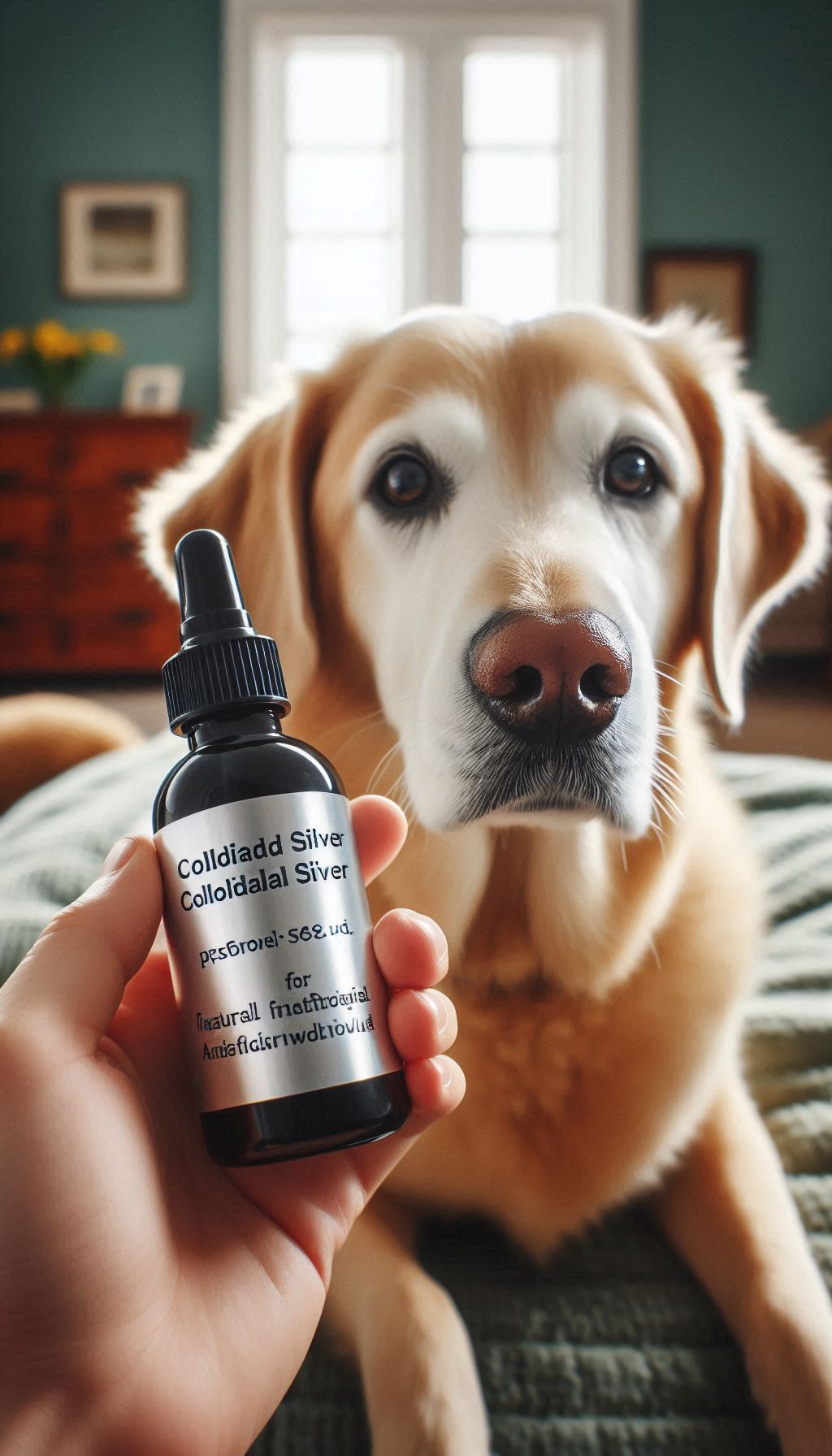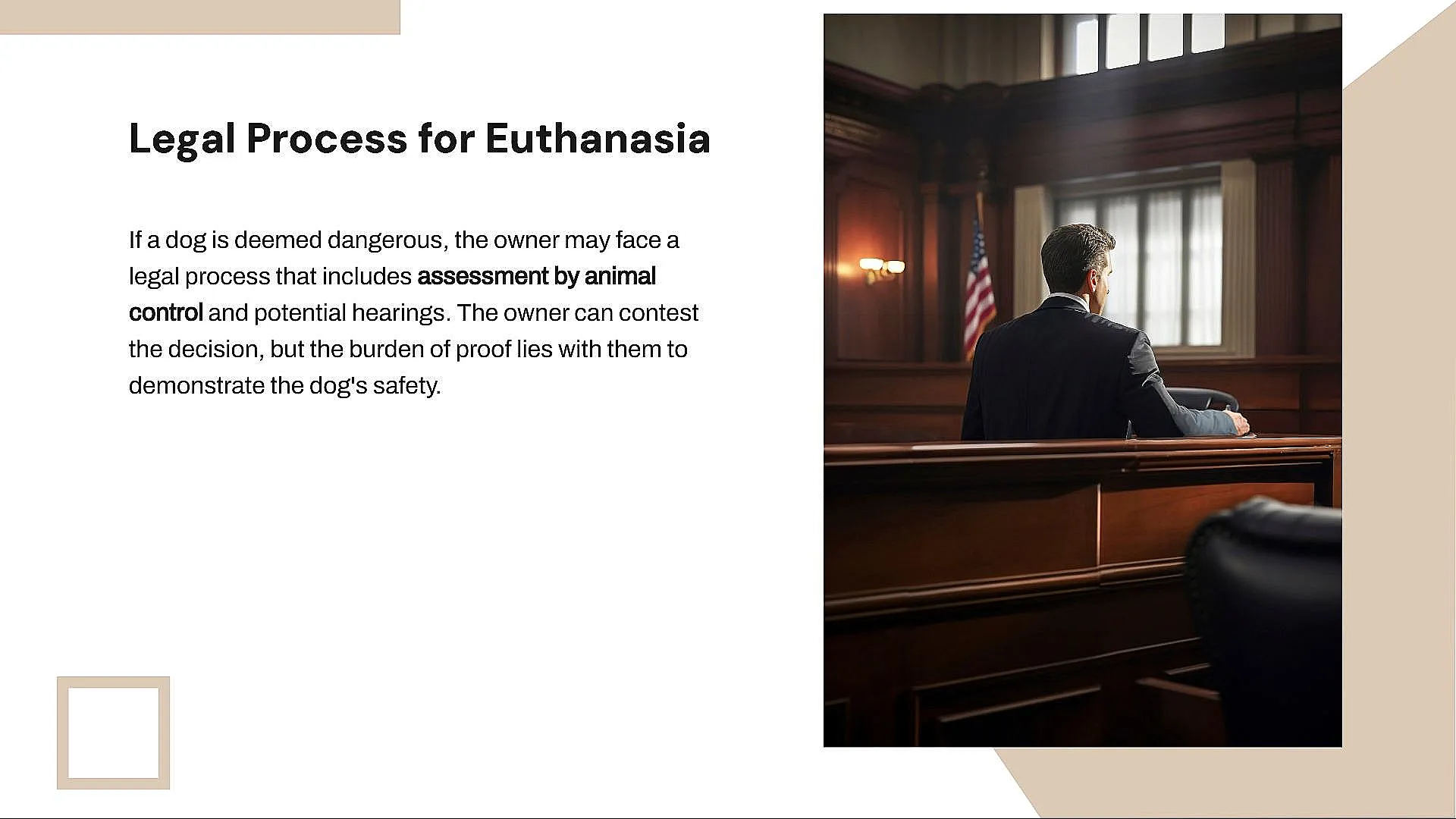I. Introduction
Dealing with dog vomiting can be a distressing experience for both pet owners and their furry companions.
Vomiting in dogs can be caused by various factors, including dietary indiscretions, gastrointestinal issues, infections, or even underlying health conditions.
While occasional vomiting may not be a cause for concern, frequent or chronic vomiting can indicate a more serious problem that requires veterinary attention.
Why is dog vomiting a concern?
Vomiting in dogs can lead to dehydration, nutrient deficiency, weight loss, and discomfort for the animal.
In severe cases, it may be a sign of a more serious underlying condition that needs to be addressed by a veterinarian.
Additionally, if a dog vomits frequently, it can cause stress and concern for the pet owner, impacting their overall well-being as well.
Importance of prevention
Preventing dog vomiting is crucial to ensure the health and well-being of our furry friends.
By taking proactive measures, we can minimize the risk of dietary indiscretions, reduce stress, and maintain a healthy digestive system for our dogs.
Preventive measures can include proper diet management, gradual dietary changes, regular exercise, and closely monitoring our dogs’ behavior and environment.
II. Feeding a Balanced Diet
Feeding your dog a balanced and nutritious diet is crucial for preventing dog vomiting.
Here are some tips to help you ensure your dog receives the right nutrition:
Read also: 13 Common Causes of Canine Vomiting
Choose high-quality dog food
High-quality dog food provides all the nutrients your dog needs in the correct proportions.
Look for dog food that is labeled as “complete and balanced” to ensure it meets your dog’s nutritional requirements.
Avoid dog food that contains excessive fillers, artificial additives, and preservatives.
Avoid table scraps and human food
While it may be tempting to share your food with your dog, it is best to avoid feeding them table scraps and human food.
Human food is often too rich and fatty for dogs to properly digest, which can lead to vomiting and gastrointestinal issues.
Stick to feeding your dog a balanced diet formulated specifically for their nutritional needs.
By following these tips and feeding your dog a balanced diet, you can help prevent dog vomiting and keep your furry friend healthy and happy.
Remember to consult with your veterinarian for specific dietary recommendations based on your dog’s age, breed, and any underlying health conditions.
III. Slow and Controlled Eating
Use slow feeder bowls
One effective way to prevent dog vomiting is by using slow feeder bowls.
These specially designed bowls have obstacles or barriers inside that make it more challenging for dogs to access their food quickly.
By slowing down their eating pace, slow feeder bowls help prevent dogs from ingesting large amounts of food and air, reducing the risk of vomiting and other digestive issues.
Teach proper eating manners
In addition to using slow feeder bowls, it’s important to teach your dog proper eating manners to promote slow and controlled eating. Here are some tips to help:
- Feed your dog in a calm and quiet environment to reduce distractions and anxiety.
- Serve small, frequent meals throughout the day to prevent your dog from overeating or eating too quickly.
- Use food puzzle toys or interactive feeders to make mealtime more engaging and mentally stimulating.
- Avoid feeding your dog immediately before or after vigorous exercise, as this can contribute to vomiting.
- Supervise your dog during meals and encourage them to chew their food thoroughly before swallowing.
By promoting slow and controlled eating habits, you can help prevent dog vomiting and improve your dog’s overall digestion and well-being.
IV. Avoiding Toxic Substances
When it comes to preventing dog vomiting, it’s essential to be aware of toxic substances that can harm your furry friend.
Here are some measures you can take to keep your dog safe:
Keep household chemicals out of reach
Household chemicals such as cleaning products, insecticides, and medications can be toxic to dogs if ingested.
To prevent accidental ingestion, make sure to:
- Store all household chemicals securely in cabinets or high shelves that are out of your dog’s reach.
- Use child-proof latches on cabinets to ensure your dog cannot access them.
- Keep an eye on your dog when using household chemicals and make sure they are kept away from the area until the product has dried or the fumes have dissipated.
Be cautious with plants and certain foods
Some plants and foods can be toxic to dogs and may cause vomiting if ingested.
Take the following precautions:
- Research the plants in your home and yard to ensure they are safe for dogs. Avoid having toxic plants such as lilies, azaleas, and daffodils in areas where your dog can reach them.
- Be mindful of the foods you feed your dog and avoid giving them anything that can be toxic, such as chocolate, grapes, onions, and garlic.
By being proactive and taking these simple steps, you can minimize the risk of your dog ingesting toxic substances and reduce the likelihood of them experiencing vomiting as a result.
V. Regular Exercise
Regular exercise is not only beneficial for your dog’s overall health and well-being but also plays a crucial role in preventing dog vomiting.
Here’s how exercise helps promote healthy digestion and prevents obesity and gastrointestinal issues:
Promote healthy digestion
Exercise helps stimulate your dog’s digestive system, promoting regular and efficient digestion.
It aids in breaking down food and allows for better absorption of nutrients.
By keeping the digestive system active, exercise helps prevent issues like indigestion, bloating, and constipation.
Prevent obesity and gastrointestinal issues
Regular exercise helps maintain your dog’s weight within a healthy range, preventing obesity.
Obesity in dogs can lead to a variety of gastrointestinal issues, including vomiting.
Exercise burns calories, helps maintain muscle tone, and keeps your dog’s metabolism running smoothly.
By incorporating regular exercise into your dog’s routine, you can promote healthy digestion, prevent obesity, and reduce the risk of gastrointestinal issues that can lead to vomiting.
Remember to consult with your veterinarian to determine the appropriate exercise plan for your dog based on their age, breed, and overall health condition.
VI. Proper Hydration
Proper hydration is essential for preventing dog vomiting and promoting overall health and well-being.
Here are some tips to ensure your dog stays hydrated:
Ensure access to clean water at all times
Always provide your dog with access to clean, fresh water: Make sure your dog has access to clean water at all times, especially during hot weather or after exercise.
Regularly check the water bowl to ensure it is clean and refill it as needed.
Monitor water intake
Pay attention to your dog’s water intake: Monitor how much water your dog is drinking to ensure they are staying properly hydrated.
The amount of water a dog needs can vary depending on factors such as size, activity level, and weather.
If you notice any significant changes in their water intake, it’s a good idea to consult with your veterinarian to rule out any underlying health issues.
Proper hydration is crucial for your dog’s overall health and can help prevent issues such as dehydration and vomiting.
By ensuring they have access to clean water at all times and monitoring their water intake, you can help keep your furry friend happy and hydrated.
VII. Regular Veterinary Check-ups
Regular veterinary check-ups are essential for maintaining your dog’s overall health and preventing vomiting.
These check-ups allow your vet to detect and address any underlying health issues that may contribute to vomiting.
Here are some key reasons why regular vet visits are important:
Detect and address underlying health issues
During a check-up, your veterinarian will perform a thorough examination of your dog, including listening to their heart and lungs, checking their weight, and looking for any signs of illness or discomfort.
This can help detect any underlying health issues that may be causing or contributing to your dog’s vomiting.
By addressing these issues early on, you can prevent them from worsening and causing more severe symptoms.
Discuss preventive measures with vet
Your vet can provide personalized advice on how to prevent vomiting in your dog based on their specific needs and health conditions.
They can recommend appropriate dietary changes, discuss potential triggers to avoid, and provide guidance on managing stress and anxiety in your dog.
Regular discussions with your vet can help you develop a tailored preventive care plan to keep your dog happy and healthy.
Regular veterinary check-ups are an essential part of responsible pet ownership.
They not only help prevent vomiting but also ensure your dog’s overall wellbeing.
VIII. Stress Management
Reduce anxiety triggers
One of the ways to prevent dog vomiting is by reducing anxiety triggers.
Dogs can experience stress and anxiety, which can lead to vomiting.
Here are some tips to help reduce anxiety in dogs:
- Provide a safe and comfortable space for your dog that is free from loud noises and excessive activity.
- Use calming techniques such as soothing music or aromatherapy to help relax your dog.
- Gradually expose your dog to triggers that cause anxiety, such as car rides or visits to the vet, in a controlled and positive manner.
Provide a calm and stable environment
Creating a calm and stable environment for your dog can also help prevent vomiting.
Here are some ways to provide a calm environment for your dog:
- Stick to a consistent routine for feeding, exercise, and playtime.
- Maintain a clean and organized living space.
- Provide plenty of mental and physical stimulation to keep your dog engaged and happy.
By reducing anxiety triggers and providing a calm and stable environment, you can help prevent dog vomiting and promote overall well-being for your furry friend.
IX. Conclusion
Preventing dog vomiting is essential for the well-being and health of your furry friend.
By taking proactive measures and maintaining a healthy lifestyle, you can minimize the occurrence of dog vomiting.
Here are some key takeaways to remember:
Importance of proactive measures:
Taking preventive measures can significantly reduce the chances of dog vomiting.
This includes providing proper nutrition, regular exercise, and maintaining clean living conditions.
Regular vet check-ups and vaccinations are also crucial in preventing diseases that may cause vomiting.
Maintaining a healthy and vomit-free dog:
To keep your dog healthy and vomit-free, make sure to:- Provide a well-balanced diet and avoid feeding your dog spoiled or inappropriate foods.- Monitor your dog’s water intake and prevent excessive drinking, especially after exercise or meals.- Watch for signs of anxiety or stress and provide a calm and secure environment for your dog.- Implement a regular grooming routine to prevent the ingestion of hair and other irritants.- Keep up with regular veterinary care to address any underlying health issues that may cause vomiting.
By following these preventive measures and maintaining a healthy lifestyle for your dog, you can ensure their well-being and minimize the occurrence of vomiting.
Remember, if you have any concerns or notice any unusual symptoms, it’s always best to consult with your veterinarian for proper diagnosis and treatment.



